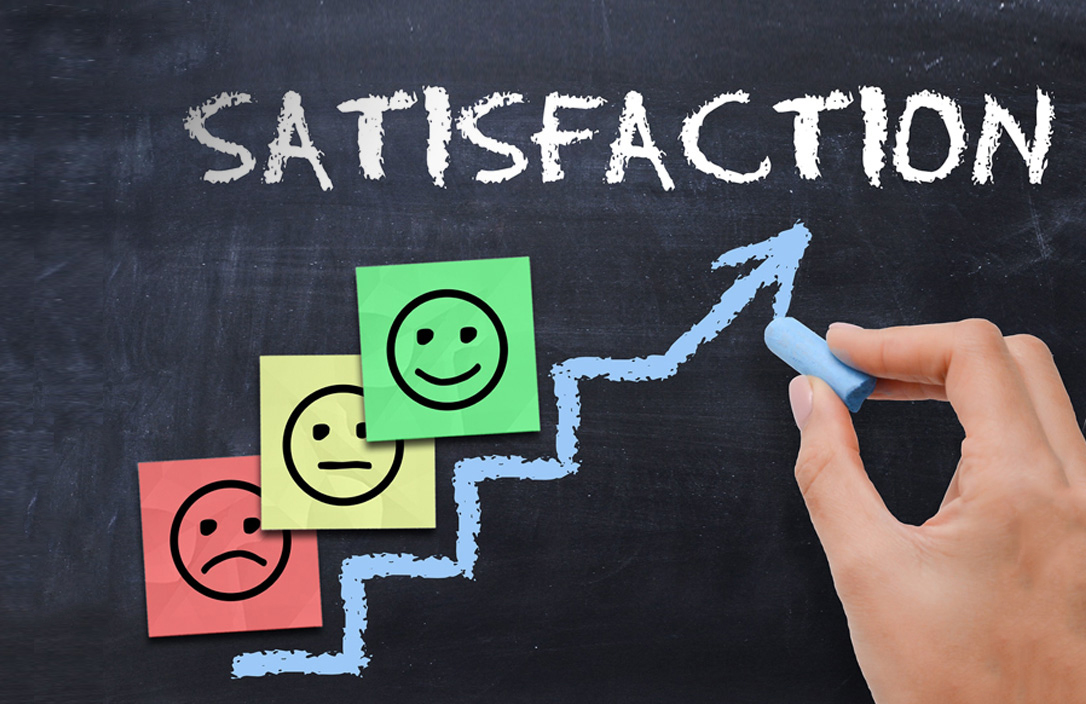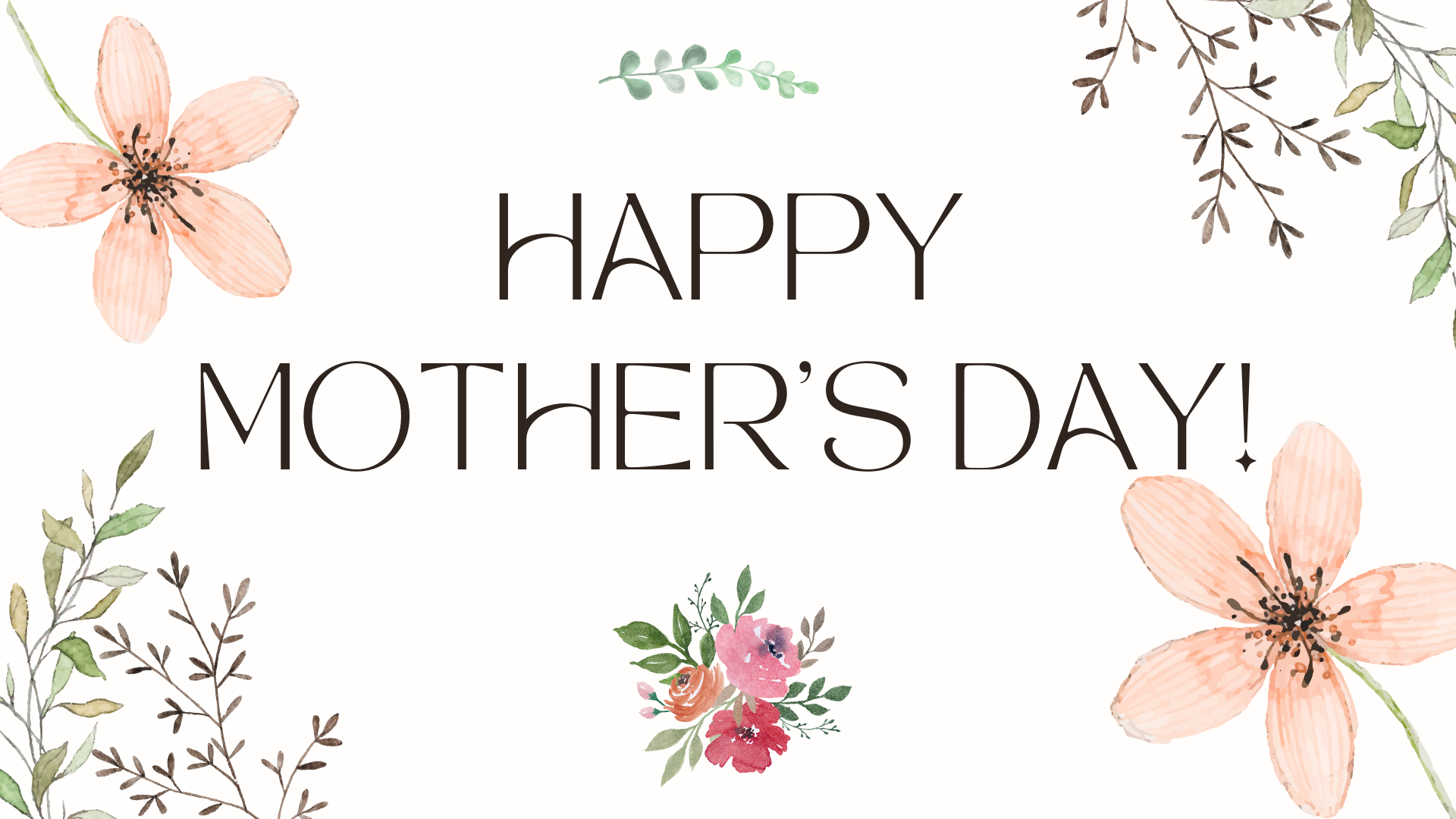Adapting to the Conscious Consumer, Your Employees
By Maria Forbes
July 11, 2022
Employees have adopted a consumer mindset about who they work for, and the value a company provides to their personal and professional life. They are focused holistically on the ability to share in cultural matters as part of a broad community effort. Small business leaders must adapt to employee mindfulness about their career experience. With the right focus, you can become a company that attracts, engages, and retains your conscious consumer workforce.
As the country navigates inflation, conscious consumers are placing emphasis on value. Today’s conscious consumers want to feel as if they’re making responsible buying decisions and investment decisions in their careers too. This includes sentiments like whether there is perceived and experienced personal value at a company.
The pandemic stimulated a change in spending habits as Americans considered where products came from, how they were produced, and how best to access necessary products and services. In the wake of 2020, business leaders have seen these considerations turn into workplace demands. Employees, particularly the Gen Z and Millennial generations, regard sustainability, diversity and inclusion, and the public stance a company takes on social issues, to be strong factors in their buying decisions (McKinsey.) These factors are also showing up in the decision about where they will work.
How do small business leaders adapt?
Business transparency is a factor. Companies that find the sweet spot between great value, sustainability, and inclusion will come out on top in the years to come. Environmental, social and governance (ESG) is a big topic today. Let’s talk about small business adaptation of this three-part approach to doing business. Think of your employees as stakeholders in a shared vision. ESG standards guide small business owners in leading their workforce. With clear ESG standards, your small business workforce become strong contributors to company growth and sustainability.
Consider clear standards. American workforce is paying attention to how you hire and the value you offer to employees. As consumers, your employees want to represent and support organizations that elevate people and demonstrate that they care about what’s going on in the world. When’s the last time your company helped during a crisis? What causes does your company stand behind? The company that wins in the future is a culture that represents the interests of its consumer base, its workforce. The small business workforce as a strong community with shared purpose provides internal guardrails for navigating healthy relationships.
Know your influence on your employee consumers
A company should consider the major social platforms to find out what their employee consumers are saying about their products/services. This is a level of marketing research that can be a strategic turning point. Consumers are eager to make their voices heard on social media. They have no qualms about bashing or praising a company and 70% of Gen Z and Millennials cite social media as a key influence. (McKinsey)
What a company offers isn’t the only topic of discussion. Your company image, who you represent, and best practices are topics of discussion and shared on social platforms. Taking into account rising inflation and your company response, your employees want to be part of a shared mission, to support a business that is working toward companywide inclusivity, diversity, and advancement. People are listening to influencers on social media who champion the efforts of companies that are making these an actionable priority.
Don’t be shy about your accomplishments. Social media platforms are an opportunity to communicate with your markets and your employees. Use these platforms to bring attention to the issues you support so your employee consumer can learn more about you; then pay attention to their feedback. Share your accomplishments and your employees will participate. The fact that the gender gap is razor-thin among your senior-level staff should be celebrated. Sharing moments from open-discussion events would do wonders to establish your reputation on diversity and inclusion, and for causes you care about.
Summary
American consumers are using their purchasing power to support the changes they want to see in the world. Small business leaders should evaluate their internal value proposition, and where needed, adjust to the shifting priorities of their workforce. Inflation is triggering more cautious spending, and consumers want to feel good about where that money is going. The conscious consumer has an impact on employee thinking about career choices. A business that demonstrates a commitment to employee well-being, adds value that matters, and has staying power. Social media is a viable tool for getting real-time reactions to your product/service or announcements from your workforce and your client base. American small business leaders should consider social media an integral part of your business strategy.





